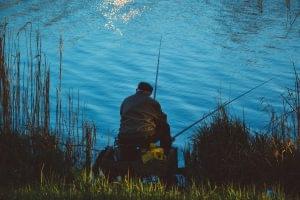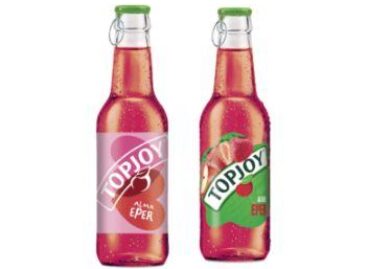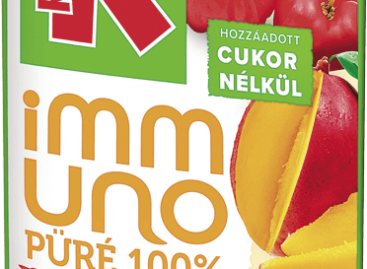A consortium develops environmentally friendly fishing equipment
The consortium formed by the Hungarian University of Agriculture and Life Sciences, Energofish and Czikkhalas Kft. is working on a project of more than HUF 700 million on the development of environmentally friendly fishing equipment and the production technology of two indigenous fish species.

(Photo: Pixabay)
Energofish Kft., which distributes and manufactures fishing equipment, explained in a statement sent to MTI that fishing is developing dynamically, there are 1,200 fishing associations and almost 700,000 fishermen with state fishing licenses in Hungary, but the expansion places a significant burden on the environment. For this very reason, in the project, among other things, they undertook the development of a product that could replace the shotgun lead used in fishing. According to estimates, 6,000-8,000 tons of lead, which is toxic to the ecosystem, are sold annually in the European Union trade in fishing articles. The new product would be produced using a material with a similar or higher atomic weight, which is safer for the environment. In addition, the gummy corn, which is also used in large quantities as fish bait, would be transformed so that it can decompose relatively quickly and completely in nature.
As part of the project, tests on the effects of lead are carried out at the production company’s Marcal site
In a terrestrial environment, they are investigating how lead found in water bodies and feed affects the carp population. In a laboratory environment, sediment samples from fish and fishing ponds are tested with the zebrafish species, as well as the amount of lead present in the liver and kidneys of carp.
The consortium is also developing the production technology of the chub and the broad crucian carp
Dávid Karcsai, tender and innovation manager of Energofish, told MTI that these two fish species were chosen because their stock is constantly decreasing. Breeding began with monoculture population in ponds and small ponds with earth beds. In the second half of the project, the technology will also be tested in polyculture ponds with valley closure dams, which are characteristic of Hungary. The procedures are being investigated at Czikkhalas Halastavai Kft.’s ponds in Varsád under extensive and semi-intensive conditions, the university is researching the basics of propagation. The project, which is supported by HUF 480 million by the Economic Development and Innovation Operational Program, will end in February 2023. Czikkhalas Kft., founded in 1992 and mainly engaged in market fish production, produces 550-580 tons of fish per year, 90 percent carp, on 212 hectares. In 2021, it achieved HUF 471 million in net sales and HUF 39 million in profit. Energofish Kft., also operating since 1992, had a net sales revenue of HUF 4.2 billion and a pre-tax profit of HUF 151 million in the previous year.
MTI
Related news
Stable growth in a turbulent market: Terran strengthens with portfolio expansion and technological developments
🎧 Hallgasd a cikket: Lejátszás Szünet Folytatás Leállítás Nyelv: Auto…
Read more >Kubu Immuno purée 100% mango-acerola
🎧 Hallgasd a cikket: Lejátszás Szünet Folytatás Leállítás Nyelv: Auto…
Read more >Related news
MBH Analysis Center: The Hungarian economy may accelerate again in 2026, but the Iranian war carries serious risks
🎧 Hallgasd a cikket: Lejátszás Szünet Folytatás Leállítás Nyelv: Auto…
Read more >SPAR is preparing for an Easter rush: it is filling its stores with 570 tons of smoked meat products
🎧 Hallgasd a cikket: Lejátszás Szünet Folytatás Leállítás Nyelv: Auto…
Read more >Focus on the domestic fishing sector at SIRHA Budapest
🎧 Hallgasd a cikket: Lejátszás Szünet Folytatás Leállítás Nyelv: Auto…
Read more >








